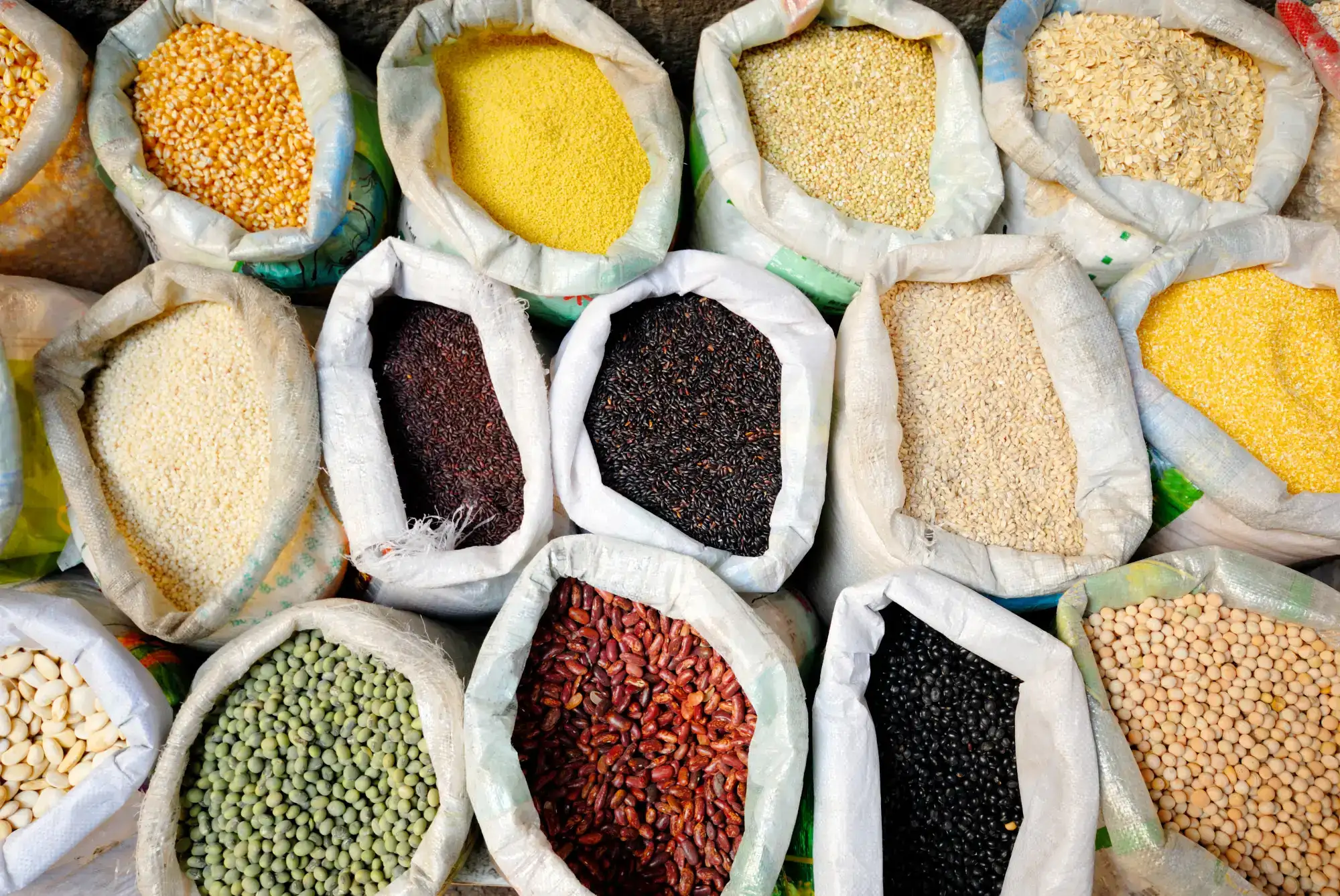
As more and more people started to realize the importance of preserving nature and the role of natural food in their lives, organic farming came to the forefront. Despite high prices, today’s consumers are increasingly choosing organic options. Owing to the growing demand for naturally grown products in domestic as well as overseas markets, the manufacturers of organic products in India have stepped up their production and are successfully catering to a large section of people across the globe.
Understanding the Concept of Organic Farming
Organic farming’s core tenet is to encourage natural and sustainable farm management practices. It is a type of agricultural farming that promotes the concept of working in harmony with nature. Its goal is to establish a food production system that is socially, ecologically, and economically sustainable for everyone. The fundamental idea behind organic farming is to produce nutritional food without causing any harm to nature. Organic producers use natural processes and materials, helping to maintain a harmonious balance in the environment, keeping it productive and flourishing. Organic farming usually involves traditional methods of farming along with the practice of some modern techniques based on scientific research.
Key Principles of Organic Farming
Organic farming practice calls for the adoption of certain regulations and principles. These are generally common in most countries and include:
Principle of Health: This aims at promoting farming practices that protect and enhance the health of all organisms, including humans and soil microorganisms.
Principle of Ecology: Organic farming should preserve and benefit the environment (landscape, climate, natural habitats, biodiversity, air, water, and soil) by using environment-friendly techniques.
Principle of Fairness: This recommends being genuine and respectful towards all involved in the business—farmers, suppliers, traders, and consumers. It focuses on proper working and living conditions for workers and ensuring an adequate supply of quality products to consumers.
Principle of Care: This stresses observing necessary precautions to achieve the right balance for future needs. It encourages utilizing resources responsibly, with an eye towards future generations and the environment.
Organic Farming Practices
Whether it’s mustard manufacturers or turmeric producers, those involved in organic farming rely on a set of tools and practices. Each farm operation may employ its own combination of methods to build a functional organic system. Key practices include:
Crop Rotation: Growing different crops in succession on the same land to prevent soil erosion and maintain soil fertility.
Cover Crops and Green Manures: Grown primarily to improve conditions for future crops, they help protect the soil from erosion and contribute to improving soil quality.
Manuring and Composting: Manure and compost supply essential nutrients, including micronutrients, and are valuable sources of organic matter.
Integrated Weed Management: This is achieved through methods like manual weeding, mulching, crop rotation, haymaking, and more.
Integrated Pest Management: Organic farming avoids heavy chemicals and instead relies on biological pest control. It uses beneficial organisms (natural enemies) to manage pest populations.
In addition, organic farming practices encompass anaerobic soil disinfestation, buffers and barriers, mechanical soil cultivation, recycling materials, and utilizing renewable resources.
Overall, organic farming promotes a sustainable agricultural system that yields improved soil quality, reduces pollution, produces nutritional products, and enhances biodiversity.
There is no denying that organic farming offers numerous benefits to both humans and nature. This is why the sector has gained special recognition. However, it’s not an easy job, and there is a need to explore more possibilities for organic farming to flourish.
About VS NATURAL AGRO FOODS
VS NATURAL AGRO FOODS aims to establish itself as the leading organic food player in India and globally. Our vision is to be a single-source provider for organic produce for end-users by consistently delivering high-quality products through fair trade practices.




